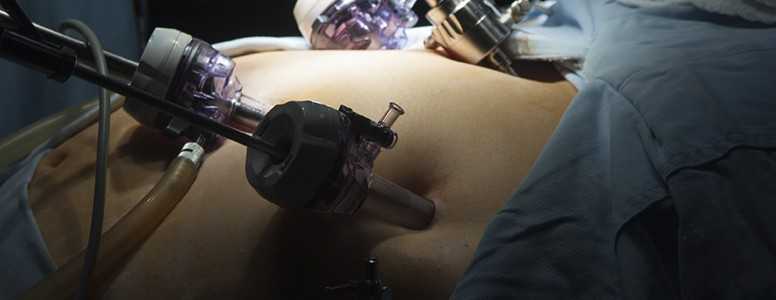Weight loss surgery could save the NHS money and prevent thousands of people in the UK suffering serious health conditions, new research finds.
Weight loss (bariatric) surgery involves reducing the size of the stomach and is generally considered an extreme measure. It is available on the NHS for people who are very obese and have not had success losing weight through lifestyle changes or diet.
However, a study earlier this year found that weight loss surgery led to prolonged remission in type 2 diabetes patients for at least five years, and the National Institute of Health Care and Excellence has called for the NHS to triple the number of surgeries performed every year.
Researchers at the London School of Hygiene and Tropical Medicine compared rates of obesity-associated illnesses in 3,882 bariatric surgery patients and patients who had not undergone surgery.
They observed that weight loss significantly improved existing type 2 diabetes in patients and lowered abnormally high blood pressure over a period of three and a half years.
Upon applying these findings to the 1.4 million people in the UK who are believed to be morbidly obese, they noted that bariatric surgery could prevent 40,000 cases of type 2 diabetes, 80,000 cases of high blood pressure and 5,000 heart attacks over four years. People with type 2 diabetes have an increased risk of high blood pressure and heart attacks.
The researchers also noted that weight loss surgery would save the NHS money in the long-term as fewer patients would require medication and other treatments. Most types of bariatric surgery cost around £9,000.
Lead author Dr. Ian Douglas, London School of Hygiene and Tropical Medicine, said that tackling obesity is a primary public health strategy and “one of the biggest health problems of our generation.”
Douglas added: “Rates of cardiovascular disease, although slowly declining, are still alarmingly high while type 2 diabetes is on the rise, affecting 3.5 million people in Britain. Our findings show that as well as helping patients substantially lose weight, bariatric surgery improves serious obesity-related illnesses as well as reducing the risk of developing them.
“People having weight loss surgery were 70 per cent less likely to have a heart attack, and those with type 2 diabetes were nine times more likely to see major improvements in their diabetes. We also found positive effects on angina and the debilitating condition obstructive sleep apnea.”
The study was published in Public Library of Science Medicine.
What's new on the forum? ⭐️
Get our free newsletters
Stay up to date with the latest news, research and breakthroughs.





